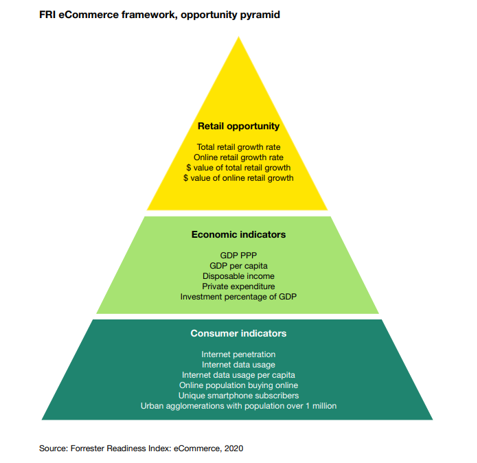
Dive Brief:
-
Neiman Marcus on Wednesday announced a new strategy focused on “growing its luxury customer base and driving full-price selling,” that includes closing most of its Last Call off-price stores by the first quarter of its fiscal year 2021. Some Last Call stores will remain open in order to sell residual Neiman Marcus inventory, per a company press release.
-
The department store expects to eliminate 500 positions at Last Call over the next eight months. Neiman Marcus said it’s also laying off 250 store employees not involved with selling, while “multiple new roles will be created to prioritize the focus on team and client development.”
-
The company is also combining in-store and online teams under one leadership, “with dedicated teams focused on the omni customer experience,” a move it says will allow it to become “more customer-centric.”
Dive Insight:
With this strategy, Neiman Marcus is going further than it did in 2017, when it shrunk Last Call by a quarter in order to focus on its luxury namesake and Bergdorf Goodman businesses.
The effective abandonment of off-price goes against the tide, as department stores as diverse as Macy’s and Nordstrom turn to their own off-price operations to pick up sales from budget shoppers and off-load some inventory. And perhaps to participate in the superior performance enjoyed by the off-price segment.
Unlike Nordstrom, which insists that its off-price Rack doesn’t undermine its full-line sales, (something not all analysts buy), Neiman Marcus apparently sees value in sticking to the high end. The retailer has stepped out of the public eye for the most part in recent months, since ending quarterly reports that had been required by federal regulations due to its debt levels. On Wednesday, though, it provided fresh details about a turnaround that was first announced in August 2018, including adding to the duties of Chief Retail Officer David Goubert.
The new strategy is built around closer alignment of in-store and online operations, providing store associates with digital tools, and leveraging “touchpoints,” including dining, client services and hospitality “to deepen and personalize customer relationships and position Neiman Marcus as the ultimate luxury destination.”
Nordstrom has taken a similar tack, bringing in food and beverage operations to more stores, offering styling, tailoring and shoe repair services, and expanding its merchandise-free Local stores to ease omnichannel services.
Neiman Marcus also said it will invest in its supply chain. First comes divestment, though, as the company said Wednesday that it will sell two Texas distribution centers

